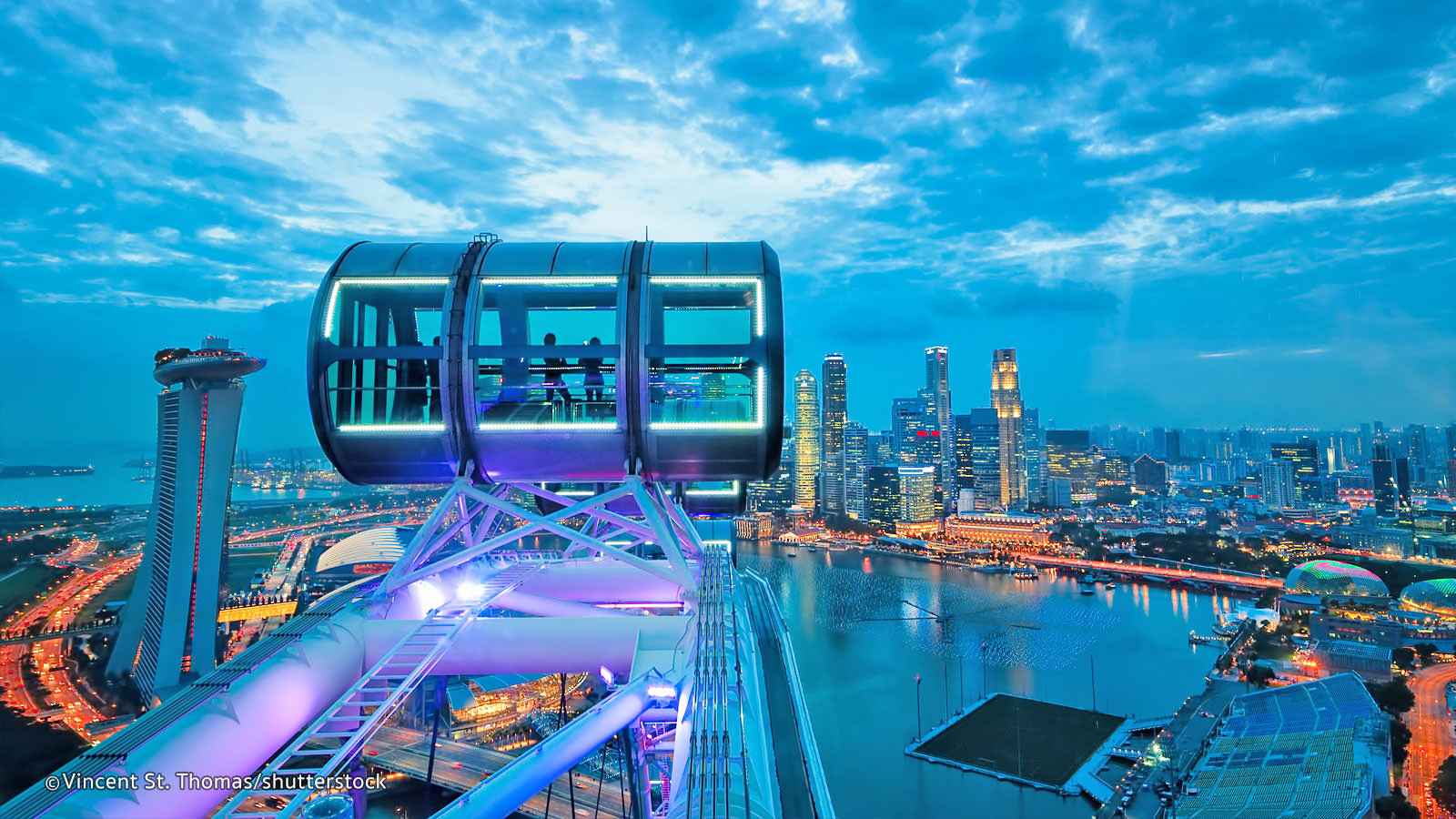A Complete Guide to Hotel Digital Transformation Grants in Singapore
Unlock funding for hotel tech upgrades in Singapore! This guide details key grants like PSG, BIF, and EDG to help hotels leverage AI, automation, and more.


Singapore’s hospitality sector is undergoing a strategic pivot toward technology-driven efficiency, with government-backed grants playing a pivotal role in accelerating adoption. For hotels seeking to implement solutions like AI-powered inventory management, computer vision systems, or automated billing integrations, understanding available funding mechanisms is critical. This guide examines key grants aligned with operational priorities such as labor cost reduction, error minimization, and process automation, with a focus on opportunities relevant to advanced hospitality technology providers.
1. Industry Digital Plan (IDP) for Hotels: A Strategic Roadmap
The Hotel Industry Digital Plan (IDP), developed by the Infocomm Media Development Authority (IMDA) and Singapore Tourism Board (STB), provides a three-stage framework for digital adoption. Stage 1 focuses on foundational solutions like cloud property management systems and RFID inventory tracking, directly applicable to automated minibar and beverage monitoring. Stage 2 targets integrated smart room systems and robotics—areas where Fari’s computer vision platforms can complement existing infrastructure. Stage 3 prioritizes AI-driven tools, including revenue management systems and chatbots, creating synergies with predictive inventory algorithms.
Eligible SMEs can secure up to 70% funding via the Productivity Solutions Grant (PSG) for pre-approved IDP solutions, significantly offsetting upfront costs for hardware, software, and integration. For example, a S$50,000 investment in Fari Lens’ beverage recognition system could qualify for S$35,000 in PSG support, reducing breakeven timelines for hotels.
2. Business Improvement Fund (BIF): Innovation-Focused Co-Funding
The STB’s Business Improvement Fund incentivizes experimental technologies addressing hospitality-specific challenges like inventory accuracy and guest dispute resolution. Unlike standardized IDP solutions, BIF supports custom projects—ideal for hotels piloting Fari’s fill-level detection algorithms or proprietary billing integrations.
Funding covers 50–70% of qualifying costs, including:
- Custom AI model development (S$15,000–S$25,000 per training cycle)
- API integration with PMS/FCS systems (S$20,000–S$30,000)
- Cloud infrastructure setup (S$500–S$2,000/month)
Notably, BIF prioritizes solutions demonstrating measurable productivity gains—a criterion aligned with Fari’s 99% accuracy claims in SKU recognition and audit automation. The 2025 iteration expands support for sustainability-focused projects, enabling hotels to bundle waste reduction metrics with operational efficiency gains.
3. Enterprise Development Grant (EDG): Scaling Advanced Deployments
For multi-property groups or luxury hotels requiring enterprise-grade solutions, Enterprise Singapore’s EDG funds up to 50% of digital transformation costs, including:
- Cross-property software licensing (e.g., centralizing inventory data across resorts)
- High-accuracy hardware deployments (e.g., Fari’s fill-level sensors in premium bars)
- Workforce reskilling for AI tool management
The EDG’s focus on international scalability makes it particularly relevant for chains adopting Fari’s systems ahead of regional expansions. A S$300,000 deployment spanning three properties could receive S$150,000 in EDG support, with additional subsidies for integrating sustainability reporting modules.
4. Productivity Solutions Grant (PSG): Immediate Cost Relief
The PSG remains the most accessible option for discrete deployments, offering 70% co-funding for solutions listed under the Hotel IDP. Relevant reimbursements include:
- S$28,000 for a S$40,000 Fari Lens minibar module
- S$21,000 toward a S$30,000 beverage inventory scanner
- S$3,500/month for cloud storage fees over 12 months
With streamlined approval processes (often <4 weeks), the PSG is optimal for hotels prioritizing rapid ROI on automation tools.
5. Company Training Committee (CTC) Grant: Upskilling for Tech Adoption
Complementing hardware/software investments, the CTC Grant provides S$10,000–S$15,000 per hotel to upskill staff in managing AI systems. This addresses critical adoption barriers by funding:
- Computer vision troubleshooting workshops
- Billing integration error-handling certifications
- Data security protocols for image databases
Implementation Strategies for Grant Success
Phase 1: Needs Assessment and Grant Matching
Conduct a digital readiness audit using IMDA’s CTO-as-a-Service platform to identify pain points (e.g., manual inventory hours) and map them to funded solutions. Hotels using 25+ hours/week on minibar audits would prioritize PSG-backed automation, while those with custom analytics needs might combine BIF and EDG.
Phase 2: Solution Design and Vendor Collaboration
Work with technology partners to bundle grant-eligible components. For example, a Fari Lens deployment could include:
- PSG-covered mobile app development (S$20,000)
- BIF-supported custom API integration (S$15,000)
- CTC-funded staff training (S$10,000)
This modular approach maximizes subsidy capture while meeting operational KPIs.
Phase 3: Monitoring and Compliance
Maintain granular records of output metrics (e.g., labor hours saved, dispute reductions) required for grant reporting. Fari’s dashboard analytics automate this process, tracking ROI against initial projections.
Case Study: Integrated Grant Utilization
Hotel X, a 300-room luxury property, combined three grants to deploy Fari Lens:
- PSG: Covered S$35,000 of the S$50,000 minibar module
- BIF: Funded S$22,500 of a S$45,000 vintage wine recognition system
- CTC: Provided S$12,000 for AI management training
Total savings: S$69,500 (58% of project cost), breakeven achieved in 11 months vs. 26 months without grants.
Conclusion: Strategic Alignment for Maximum Impact
Singapore’s grant ecosystem offers unparalleled opportunities to de-risk hospitality tech investments. By aligning Fari’s solutions with IDP roadmaps and BIF/EDG priorities, hotels can achieve sub-12-month ROI on automation projects while future-proofing operations against labor shortages. Partners with deep grant navigation expertise will be critical as STB and IMDA introduce AI-specific funding streams in 2025/26.
The next frontier lies in combining computer vision with predictive analytics—a area where current grants already provide foundational support. Hotels adopting these technologies now position themselves to lead in Asia’s increasingly competitive luxury market.

